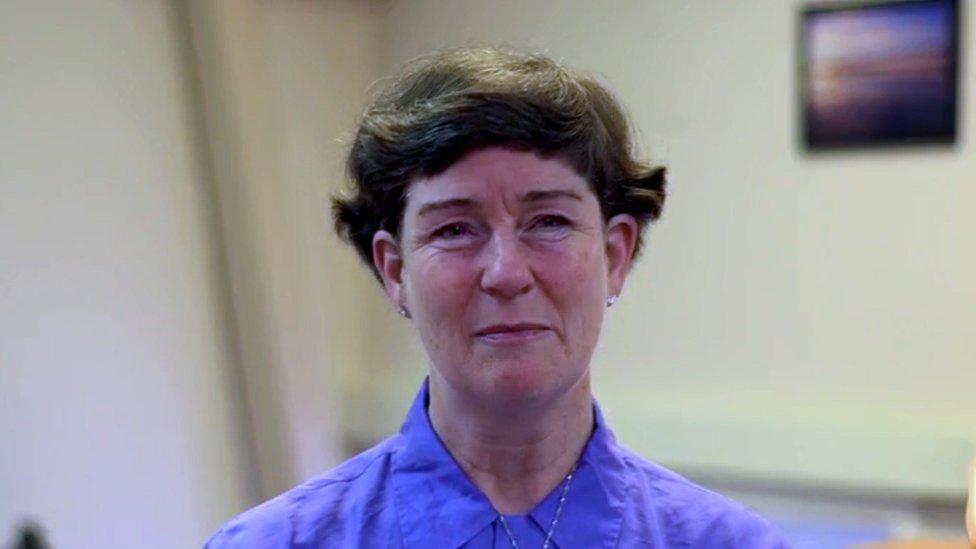Child abuse inquiry says orphanages were places of 'threat and abuse'
- Published
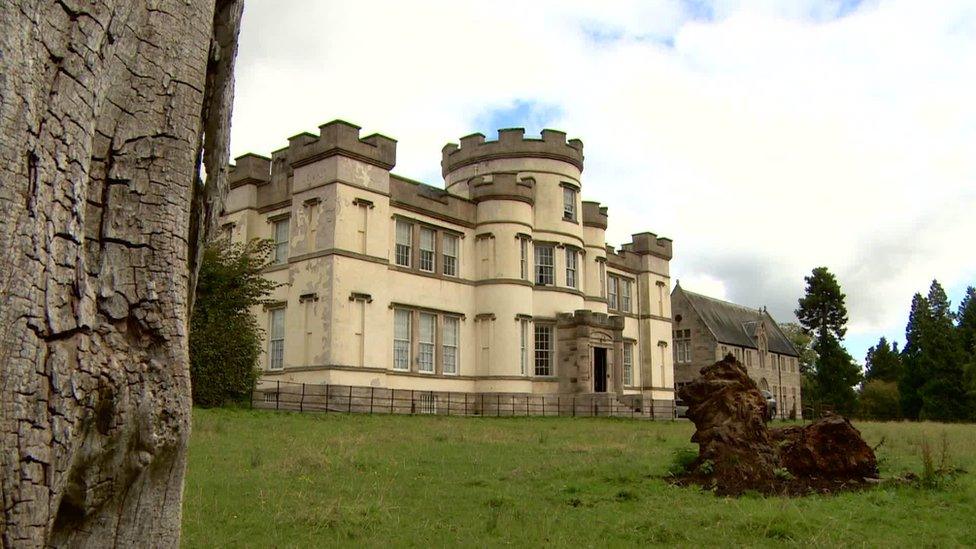
The Smyllum Park Orphanage closed in 1981
Children at Smyllum Park orphanage were sexually abused and beaten with leather straps, hairbrushes and crucifixes, the Scottish Child Abuse Inquiry has found.
Nuns belonging to the Daughters of Charity of St Vincent de Paul ran the Catholic Children's home near Lanark, as well as Bellevue House, Rutherglen.
Lady Smith, who is chairing the inquiry, has published a report on evidence heard during the case study.
She said the homes were places of fear, threat, and excessive discipline.
The judge said emotional, physical and sexual abuse took place.
The children found "no love, no compassion, no dignity and no comfort," she said.
What is the Scottish Child Abuse Inquiry?
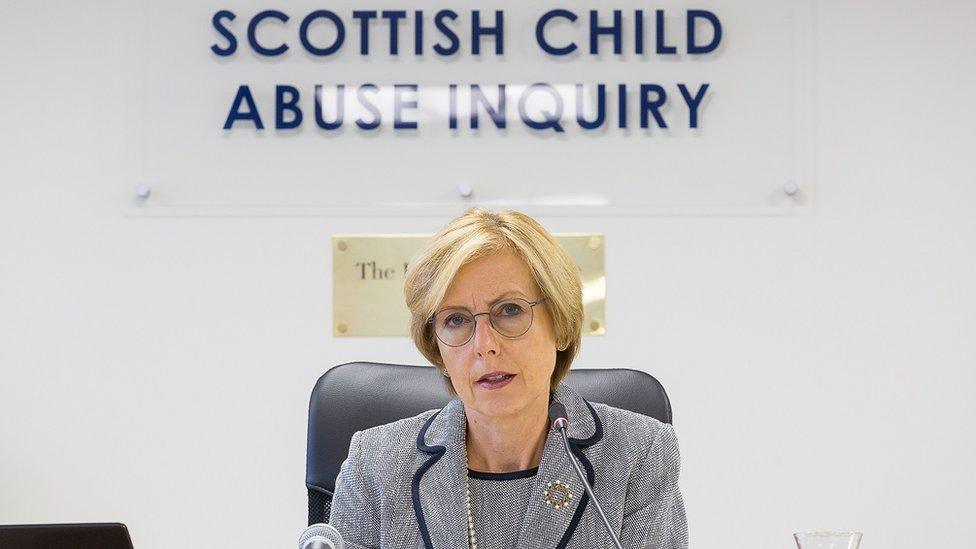
The inquiry is chaired by High Court judge Lady Smith
The inquiry was set up in October 2015 to look at the historical abuse of children in care across Scotland.
It is currently in the process of looking at allegations of physical and sexual abuse at 86 institutions, including former children's homes and leading boarding schools.
The inquiry, which has cost £15.67m so far, was originally scheduled to end next year but the Scottish government has since said it can take as long as it needs.
From the end of November last year, the child abuse inquiry heard case study evidence over 20 days about the Daughters of Charity of St Vincent de Paul.
A total of 54 witnesses told of their experiences at Smyllum Park, which closed in 1981, and Bellevue House, which closed in 1961, and 21 written statements were submitted.
What did the inquiry report say?
Lady Smith's interim report into the Smyllum and BelleVue case studies concluded:
Children were abused while in the care of the Daughters of Charity of St Vincent de Paul
They were sexually abused in Smyllum by priests, a trainee priest, nuns, members of staff and a volunteer. The abuse was, in some cases, prolonged.
There was also problematic sexual behaviour by other children.
Children were hit with implements, the punishment being either excessive or for reasons which the child could not fathom.
The implements used included leather straps, the "Lochgelly Tawse," hairbrushes, sticks, footwear, rosary beads, wooden crucifixes and a dog's lead.
For some children, being hit was a normal aspect of daily life.
The physical punishments meted out to children went beyond what was acceptable at the time whether as punishment in schools or in the home.
Children who were bed-wetters were abused physically and emotionally.
They were beaten, put in cold baths and humiliated in ways that included "wearing" their wet sheets and being subjected to hurtful name-calling by Sisters and by other children.
Many children were force-fed.
Children were used as unpaid labour.
Many children were forced to queue in a state of undress for a bath and shared bathwater that was too hot or cold and dirty.
There was no system for marking children's birthdays. Some children didn't know when their birthday was.
Children were abused for being left-handed and forced to use their right hands instead.
Some were abused for being Protestants and one child was told the Jewishness would be knocked out of him
The report names Charlie Forsyth, a former Smyllum resident who went on to work in the home, as someone who physically and emotionally abused children.
Forsyth, who is now dead, was said to have given out violent, angry beatings and called the children demeaning.
It was said that he had complete autonomy.
Lady Smith's report also highlights the case of Samuel Carr, a child in Smyllum, who died aged six as a result of contracting a severe and vicious E. coli infection after contact with a rat.
He was malnourished despite having been in Smyllum for a significant time.
He had received a severe beating from a Sister not long before his death, the report says.
Francis McColl, was 13 when he died in Smyllum after an accident in which he was hit by a golf club when it was being swung.
Patricia Meenan died aged 12 when she was hit by a car when she was running away from Smyllum to go back to Glasgow.
Lady Smith's said she would take her findings into account when she analysed all the evidence gathered by the inquiry and decides what recommendations to make within the final report.

The victims have waited years by BBC Scotland's David Cowan
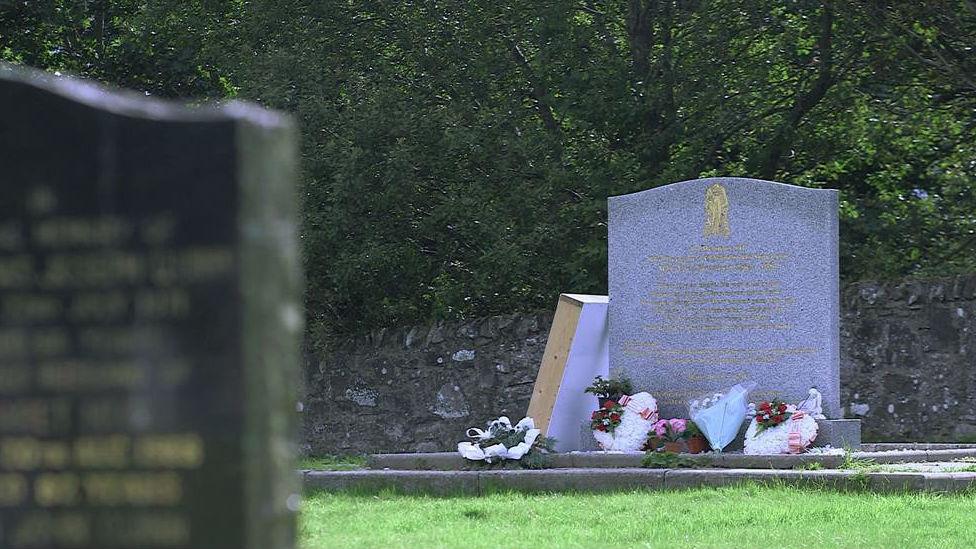
Memorial stone at St Mary's Cemetery to remember all who died at Smyllum Park Orphanage
Children were abused - three words from Lady Smith which will mean everything to former residents from the two homes.
For years they've alleged they were victims of physical abuse, sexual abuse and emotional abuse - and now the chair of the Scottish Child Abuse Inquiry has said she believes them.
Lady Smith described Smyllum Park and Bellevue House as places of fear, where many children found no love, no compassion, no dignity and no comfort.
For some, she said, being hit was a normal aspect of daily life.
The order which ran the homes, the Daughters of Charity of St Vincent De Paul have repeated their apology to anyone who suffered abuse in their care.

Smyllum and Bellevue complaints in numbers
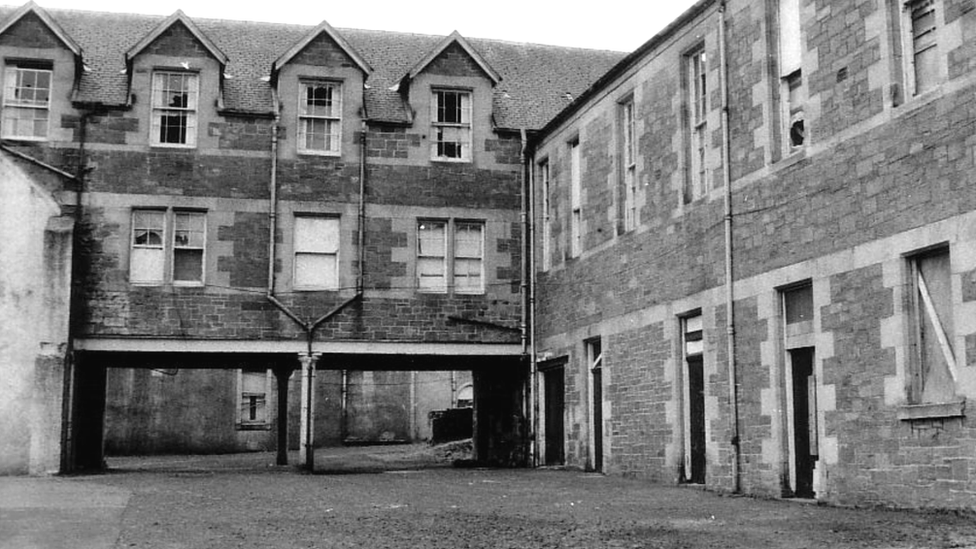
Smyllum Park Orphanage in Lanark after it closed in the 1980s
20,000 - Number of children housed by the Daughters of Charity in Scotland between 1864 and 1999
11,601 - Number of children housed in Smyllum from its opening in 1864 to its closure in 1981
4,748 - Number of children accommodated in Smyllum from 1930 until its closure in 1981
6,585 - Number of children accommodated in Bellevue from its opening in 1912 to its closure in 1961
121 - Number of complaints of alleged historical abuse at Smyllum made to the Order between 1998 and 2002 That's 37 complaints against individual sisters, 23 complaints against lay staff, four complaints against priests and two complaints against scout leaders)
26 - Number of complaints of alleged abuse at Bellevue made to the Order between 1998 and 2002 (That includes 18 complaints against individual sisters and five complaints against lay staff)
99 - Number of civil actions raised against the Order in relation to Smyllum
18 - Number of civil actions raised against the Order in relation to Bellevue

A statement from the Daughters of Charity said: "Lady Smith's findings describe events and practices which are totally out of keeping with the fundamental values which underpin our life and mission and we are committed to giving this report our utmost attention.
"We most sincerely offer our heartfelt apology to anyone who suffered any form of abuse whilst in our care."
- Published24 January 2018
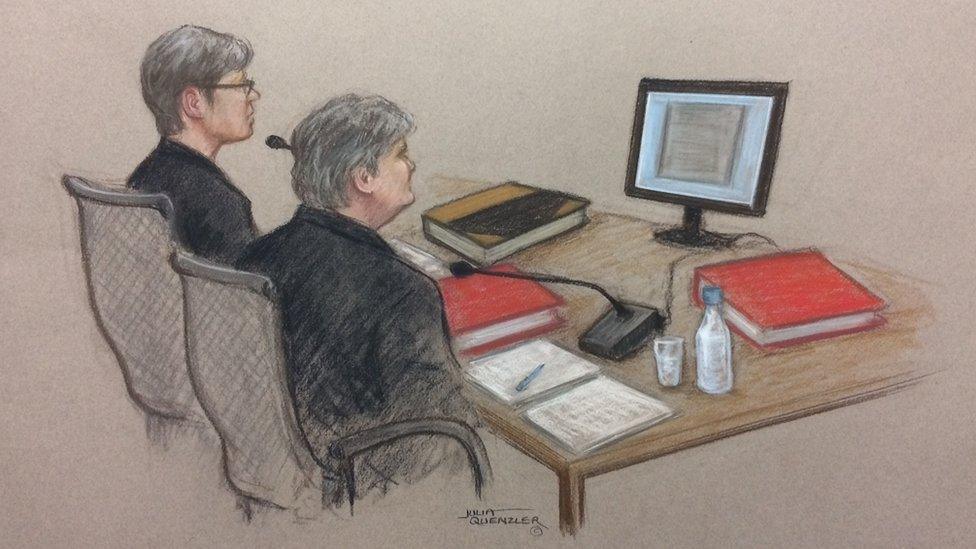
- Published16 January 2018

- Published12 January 2018
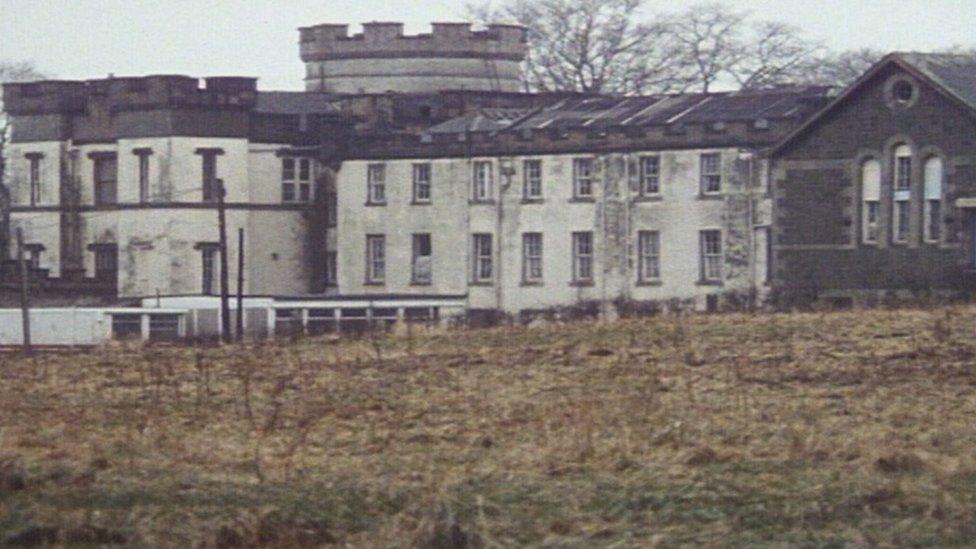
- Published8 December 2017

- Published6 December 2017

- Published28 November 2017

- Published10 September 2017
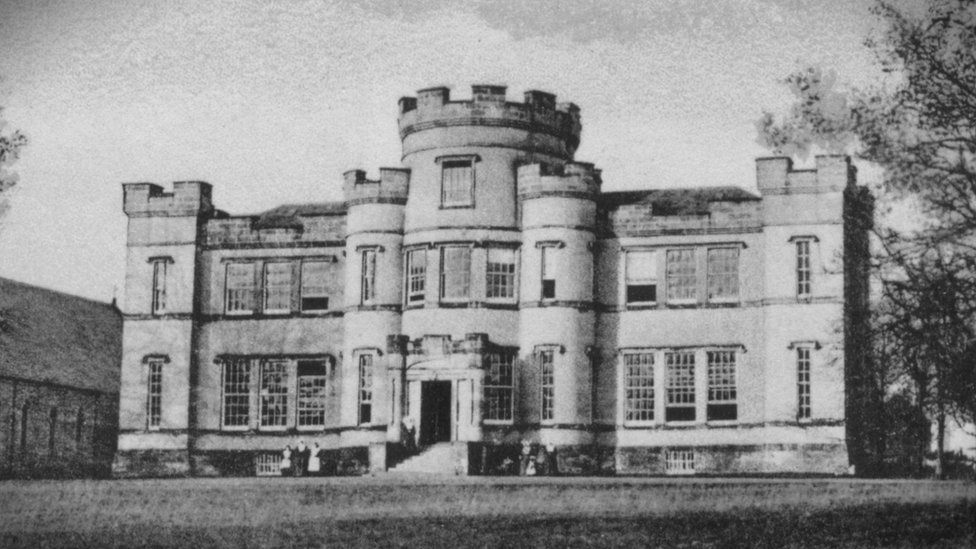
- Published15 September 2017
